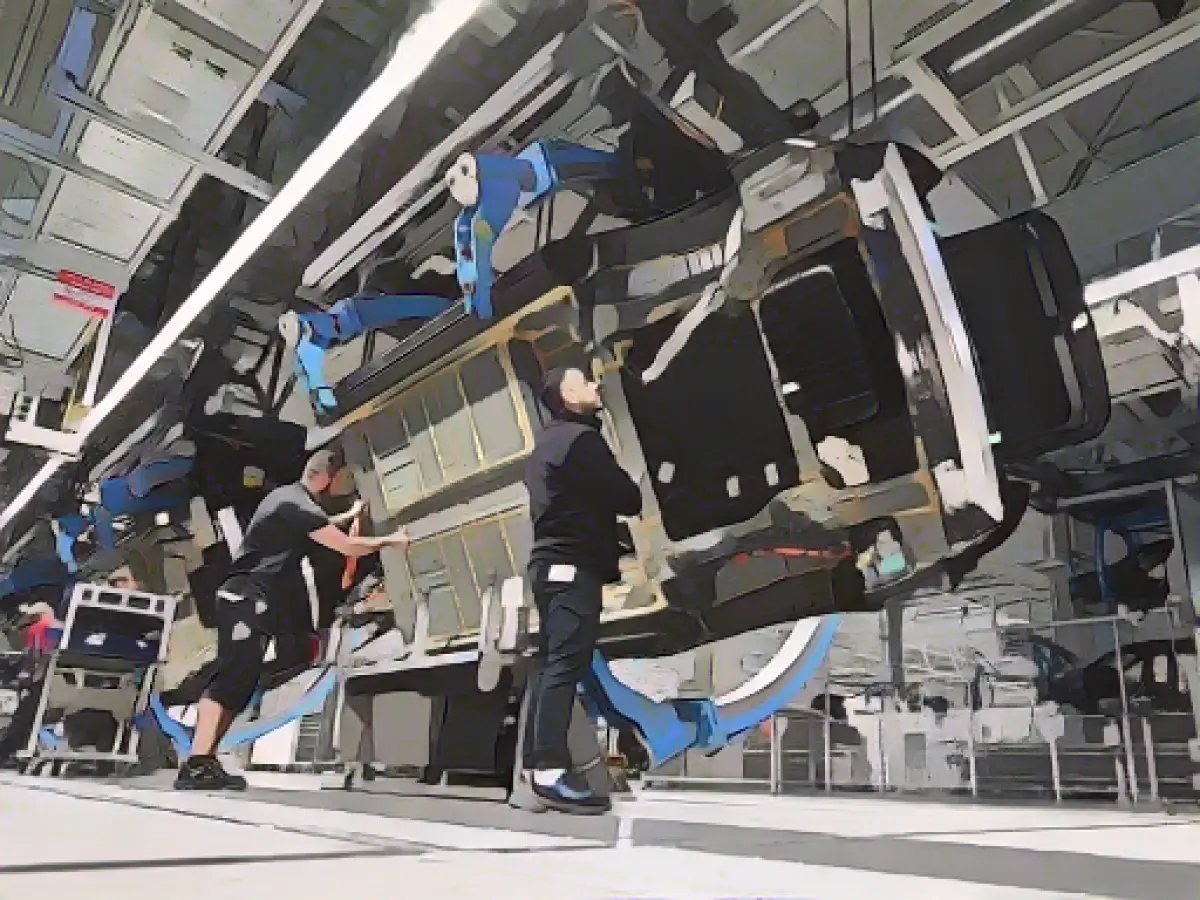EY analysis: Car manufacturers increase sales and profits
The world's leading car manufacturers have recently increased their turnover and profits considerably. In the third quarter of the year, sales of the 16 largest car manufacturers rose by 11 percent to 504 billion euros compared to the same period last year, while earnings before interest and taxes (EBIT) increased by 35 percent to 39 billion euros, according to an analysis by the auditing and consulting firm Ernst & Young (EY). According to EY, currency effects in Japan, where the weak yen gave Japanese car manufacturers a 103 percent increase in profits, were an important reason for this.
Mercedes-Benz ahead in terms of profitability
Profitability - measured by the EBIT margin, which is the ratio of operating profit to sales - increased slightly from 7.2 to 8.6 percent. The German car manufacturer Mercedes-Benz is the most profitable with a margin of 13 percent. It is followed by Toyota with 12.6 percent and BMW (11.3 percent). Volkswagen came in last with 6.2 percent.
Nevertheless, the global automotive industry is no longer running smoothly, said Constantin Gall, automotive expert and head of EY's Western Europe mobility division: "The coming year will be much more challenging." Demand for new cars is weakening, the ramp-up of electromobility is faltering and price pressure is increasing. Problems with the launch of new models are weighing on profitability because sales are lacking and development costs are higher than planned.
"In the meantime, the red pen reigns again"
According to the expert, more and more manufacturers are responding with discounts, favorable financing offers and special models. However, this often puts pressure on margins. According to Gall, many companies want to reduce their costs accordingly. "In the meantime, the red pencil is ruling again, because many car companies are suffering from excessive internal bureaucracy and overly complex processes - which devours large sums of money and impairs competitiveness," said Gall.
The switch to electromobility will be a crucial test for the industry. "However, there are currently growing concerns that customers will not go along with the ambitious conversion of mobility to electromobility," said the EY expert. Although the market is being flooded with new e-cars, customers are proving to be more reluctant than expected.
Despite the economic situation affecting the auto industry, many consumers are still buying cars, leading to increased sales and profits for car manufacturers. With discounts, favorable financing offers, and special models being used as tactics to attract customers, the need for companies to cut costs and simplify processes has become more pressing.
Source: www.dpa.com








